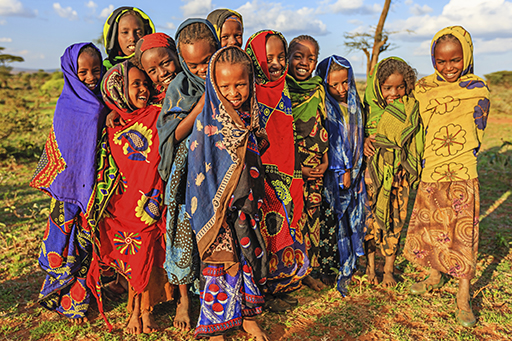6 Summary of Week 4
Over the final week of Lottery of birth you’ve heard about some key demographic facts from the United Nations.
You also heard from some of the leading thinkers on the issue of inequality. Public discussion of the big issues that are facing all of us are as essential to a healthy democracy as voting. You have also continued to develop your understanding and examine your thoughts about the causes and consequences of inequalities, and the lottery of birth.
If you are particularly interested in something you have heard from Thomas Piketty, Richard Murphy or Danny Dorling they all have published books on this subject where you can find out more.
To end the course, read the beautifully written, fundamentally optimistic paragraph that concludes Wilkinson and Pickett’s book:
Caught up in day to day events, it is easy to forget that a longer view reveals an almost unstoppable historical trend towards greater equality. It runs like a river of human progress from the first constitutional limitations on the ‘divine’ (and arbitrary) right of kings, and continues on through the slow development of democracy and the establishment of the principle of equality before the law. It swells with the abolition of slavery and is strengthened by the extension of the franchise to include non-property owners and women.
It picks up pace with the development of free education, health services and systems of minimum income maintenance covering periods of unemployment and sickness. It runs on to include legislation to protect the rights of employees and tenants, and legislation to prevent racial discrimination. It includes the decline of forms of class deference.
The abolition of capital and corporal punishment is also part of it. So too is the growing agitation for greater equality of opportunity – regardless of race, class, gender, sexual orientation and religion. We see it also in the increasing attention paid by lobby groups, social research and government statistical agencies to poverty and inequality over the last fifty years; and most recently we see it in the attempt to create a culture of mutual respect. All are different manifestations of growing equality … That this river of human progress is occasionally briefly dammed up, or we experience eddying currents, should not blind us to its existence.

